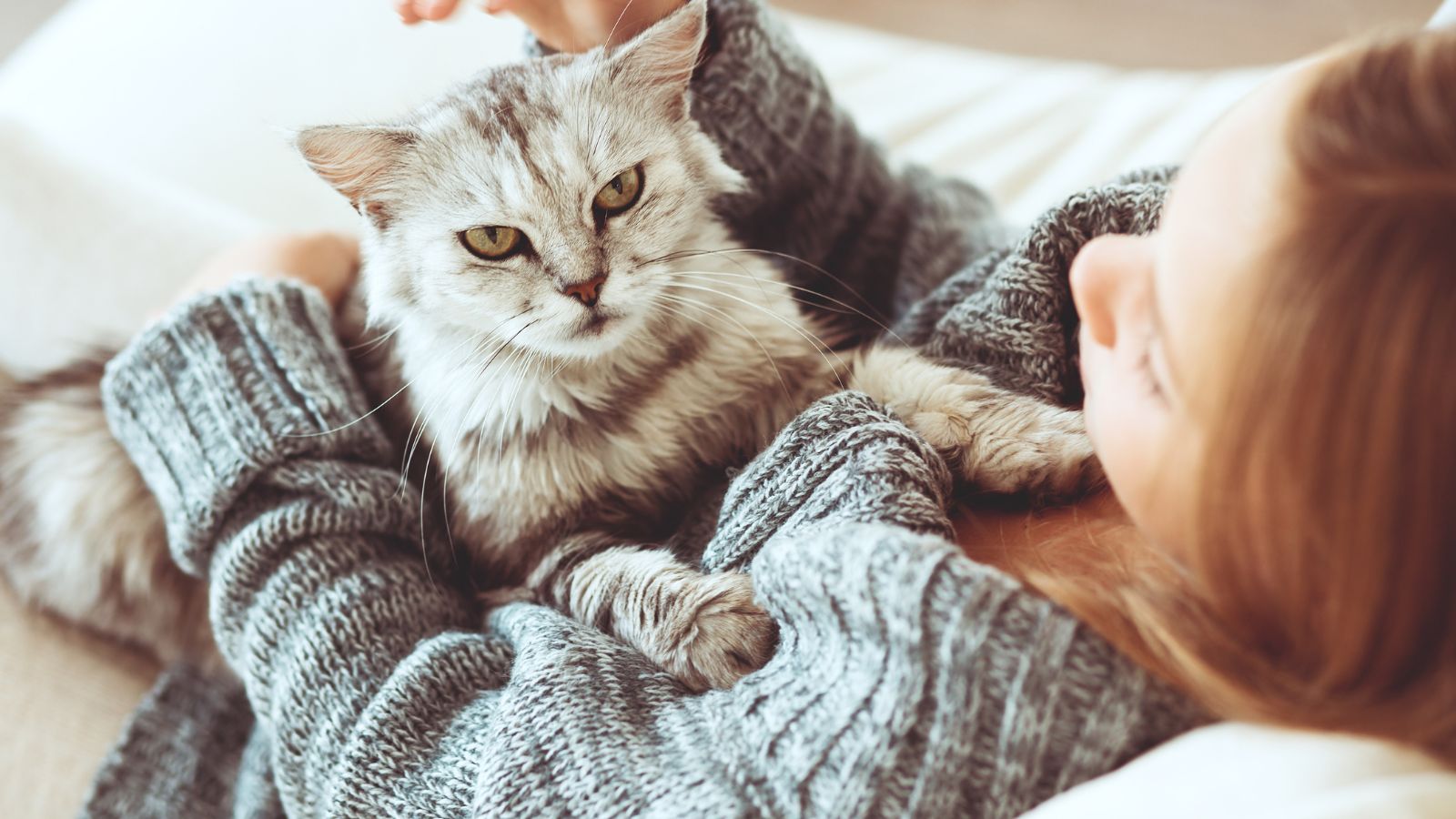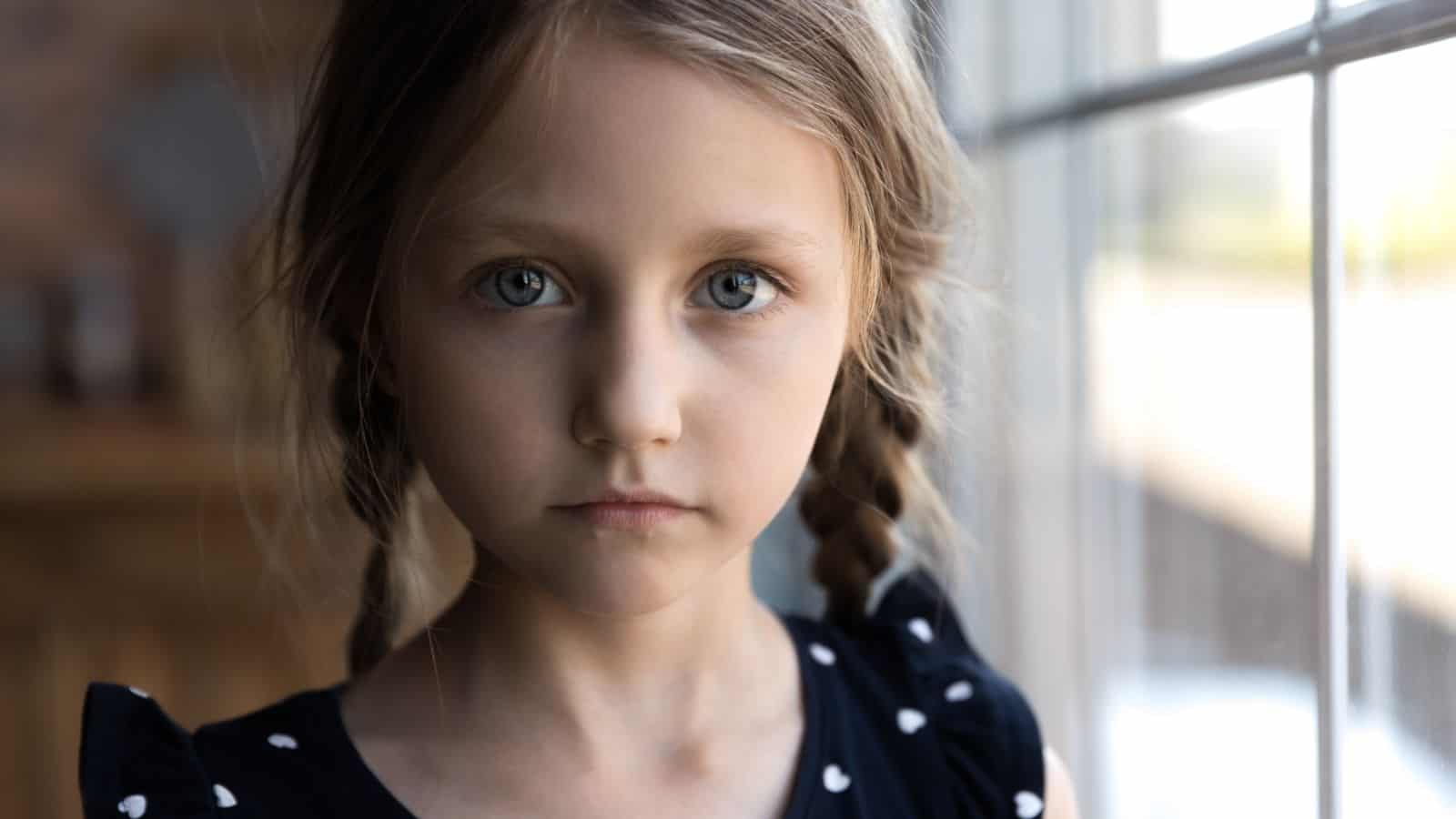The decision to have children is monumental and life-changing, influenced by personal circumstances and other factors. While parenthood remains a dream for many, there’s a growing trend for couples to opt for pet ownership to satisfy their nurturing instincts. This article explores 18 reasons why some people are choosing pets over raising kids in today’s world.
Affordability

According to Investopedia, “As of 2022, the average cost of raising a child to age 17 is $310,605.” That includes housing, food, childcare, education, and other necessities. With these expenses constantly rising, many couples appreciate the reduced financial burden of pets. Although they come with their own costs, those are considerably less than a child’s!
Lifestyle Flexibility

Want to move cities or travel around the country for a year? Pets offer flexibility, either as adaptable adventure companions or being easily taken care of by others. Children require much more stability, time, energy, and attention and represent a far greater ‘tie’ to a certain place or lifestyle. Pets, on the other hand, allow more spontaneity and freedom.
Shifting Priorities

Society changes over time, and traditional values (like home ownership and starting a family) aren’t always the number one priorities for modern couples. Younger adults may desire to travel or concentrate on career progression or personal development. Having children can seriously impact the likelihood of achieving such goals, making pets an appealing alternative.
Focus on Relationships

Children can strain relationships, making it difficult for couples to focus on one another, especially in the baby and infant stages. Some people may choose to focus on their romantic relationship and feel that two people are a sufficiently large family unit—with the addition of a pet for a touch of fun, affection, and responsibility.
Commitment Concerns

Parenthood is a lifelong commitment that never ends, even when children become adults. Some individuals can be understandably hesitant about such a permanent and demanding responsibility. Pet ownership can offer a fulfilling alternative that allows them to nurture a living thing without the daunting prospect of being a lifelong parent!
Overpopulation

FAIR writes, “The U.S. Census Bureau projects the country’s population will reach 404.5 million by 2060—a 23 percent increase in just four decades.” Associated environmental concerns and dwindling resources can cause couples to reconsider having children, believing it irresponsible. Pets, on the other hand, don’t contribute to human population growth.
Infertility

While this issue may not make pets a ‘choice,’ it can be a significant reason why couples choose to shower a pet with love and affection. Couples who want to be parents but struggle to conceive or adopt can sometimes use pets as an outlet for their nurturing instincts. Many pets, like dogs and cats, offer affection and companionship in the absence of biological children.
Focus on Mental Health

Mental health is a growing concern, and some individuals may simply consider themselves too unstable to raise a child well. Some choose to prioritize managing anxiety, depression, or other mental health challenges and accept that they cannot provide adequate emotional stability for a child. Pets offer unconditional love and support, with less inherent responsibility.
Alternative Forms of Family

According to Business Insider, the traditional nuclear family is no longer the only definition of an all-American family. Some couples find equal fulfillment in fostering pets, volunteering at animal shelters, or building strong bonds with their pets, considering them to be cherished family members akin to human relatives.
Uncertainties About the Future

We live in uncertain and unstable times economically, politically, environmentally, and even regarding world health. This can make cautious couples hesitate to start a family, not wanting to bring children into a world that may be increasingly unsafe and challenging to live in. With their shorter lifespans and more basic needs, pets are a less concerning option.
Changing Views on Parenthood

Societal pressures surrounding parenthood are decreasing, particularly for women, and there’s a growing acceptance of alternative life paths that don’t involve fatherhood or motherhood. Choosing to remain childless is no longer seen as a negative choice, so pets can offer a socially acceptable (and sometimes equally rewarding) alternative.
More Affectionate

Although not universally applicable, pets like dogs, cats, rodents, and parrots can be more reliably affectionate and attached to their caregivers than children. While parenting techniques and individual personalities have a huge impact, some couples may witness their friends dealing with hateful teenagers or temper tantrums and consider pets a more lovable choice!
Focus on Animal Welfare

Thanks to social media and a more caring, progressive society in general, there is a growing awareness of animal welfare issues. Some couples choose to adopt rescue pets. Giving homeless, elderly, disabled, or other vulnerable animals a home can take priority over starting a family while giving them the rewarding responsibility of parenting.
Pet-Friendly Workplaces

Many workplaces are now becoming more pet-friendly, particularly after the pandemic, when many workers got used to having their pets as ‘colleagues’ while working remotely during lockdown! The Harvard Business Review states that pets are far less demanding than children, making them much easier to integrate into daily working life.
Space Requirements

Raising children, even a single child, requires much more space than an average pet, which means a need for larger, more costly housing and expensive house moves. Choosing small pets instead, like cats, can allow couples to live comfortably in smaller apartments or homes—a far more affordable option than housing a child!
Easier Traveling

While this doesn’t apply to all pets, traveling with children can often be more expensive, stressful, and challenging than with a pet, especially a small, quiet dog. Smaller pets can easily travel alongside their human companions within their home country, and many make much more relaxed, quieter, and less demanding travel companions than kids!
Empty Nest Syndrome

Some couples may be hesitant about the empty nest syndrome that can occur when older children leave home, and even those young enough to have more children often opt for pets instead, as a way to fill the void. Pets offer an outlet for affection and nurture while being far less work and commitment than another child.
Focus on Animal-Human Bond

The human-animal bond can be powerful and unbreakable, akin to a parent-child relationship. Many pet owners deeply connect with their pets and find purpose by caring for them and meeting their needs. Pets can offer unconditional love, loyalty, and emotional support, sometimes making children unnecessary and unappealing.
Read More: Why People Aren’t Religious Anymore: 15 Simple Reasons

As society evolves, so does our approach to spirituality. This article looks at the subtle yet profound shift from traditional religious adherence to a more personal, evidence-based belief system.
Why People Aren’t Religious Anymore: 15 Simple Reasons
17 American Attractions That Not Even Americans Want to Visit

The United States of America—land of the free, home of the brave, and the location of some of the most ‘unique’ tourist attractions you’ll ever lay eyes on.
Get ready to chuckle, scratch your head, and maybe even facepalm as we look at 17 American attractions that not even Americans think are worth visiting.
17 American Attractions That Not Even Americans Want to Visit
17 Fairy Tales That Are Now Considered Racist

While fairy tales weave magical narratives that span generations, many emerge from historical and cultural contexts tinged with biases. Hiding in many of these tales, racial undertones can be found. Let’s look at 17 fairy tales that have deeper implications.
17 Fairy Tales That Are Now Considered Racist
18 Common Traits Found in Adults Who Had Unhappy Childhoods

Being a parent is a hard job, so even those who are truly trying their best will often miss the mark on creating the best environment for their children. Unfortunately, this means that many of us grow up with far-from-perfect childhoods that affect us into adulthood. Here are 18 common traits found in adults who had unhappy childhoods.
18 Common Traits Found in Adults Who Had Unhappy Childhoods
18 Things Old People Just Can’t Get On Board with Today

Over the past few decades, society has evolved, and with it, so have a few things that older generations find it uncomfortable to get the hang of. While younger generations are easily able to adapt to these changes, some of which are drastic, others may be struggling slightly. Here are 18 things the elderly may have difficulty learning.

